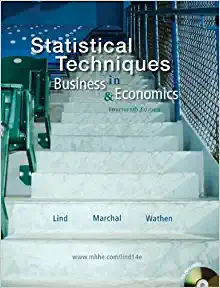


In lecture, Professor Gruber explained discrete compounding interest. Interest can also be compounded continuously. Here we explain the difference. Professor Gruber calculated future value as FV = P(1 l t, where P is the principal, 'r- is the interest rate, and t is the term of the contract [often in years}. This formula can be generalized to FV = P[1 + r/m)\How much mOney will you receive for the case of wine at the time ottts sate? 138.92 x 138.92 What is the net present value of that investment? ' 229.04 I x 229.04 You have used 1 of 2 attempts 53W Problem P89.1.'lb 3 points possible {graded} Let's Consider the problem that is the c0ntinuous-time analog to the above discrete-time problem. This is perhaps a more realistic problem. Suppose interest is compounded continuously instead of discretely. You may again choose how many years to hold the case of wine before selling it - but now suppose you can sell at any time] not just at the integer years. How many years should you hold the case of wine before selling it? How much money will you receive for the case of wine at the time otits sate? What is the net present value of that investment? Problem P89.1.2 1 point possible [graded] Suppose we are still in the continuous-time model. Immediately after you purchase the case of wine, still at time t = I], a fellow wine enthusiast offers to buy your case of wine for $130. (If you sell your case, you won't have an opportunity to buy another for yourself.) Should you accept this offer? 0 You are indifferent between selling the case of wine and not O No, you shOuId not sell the case of wine 0 Yes, you should sell the case of wine SUthllt You have used 0 of 2 attempts Save Problem P8913 1 point possible {graded} How would your answers qualitatively change if the interest rate were only 5 percent? Would you still buy the wine? WOuld you keep it for longer or shorter? C) You would buy the case of wine, but keep it for a longer time Q You would buy the case of wine, but keep it for a shorter time Q You are indifferent between buying the case of wine and not C) You would buy the case of wine, and keep it for the same length of time Q You would not buy the case of wine C) You would buy the case of wine, whereas before you would not have bought it












